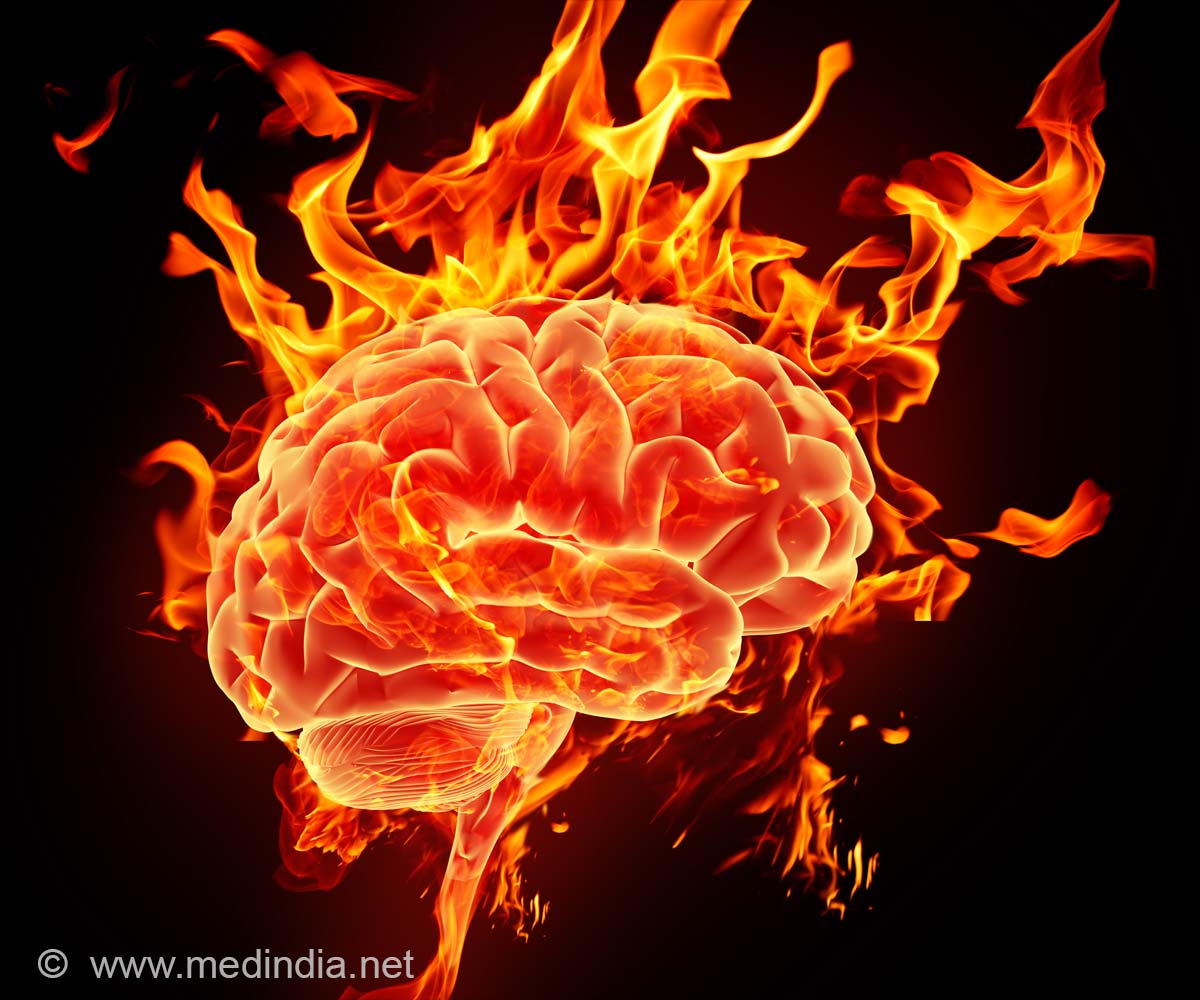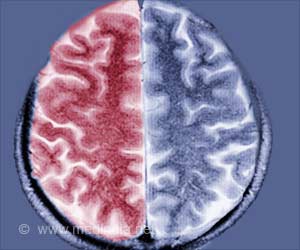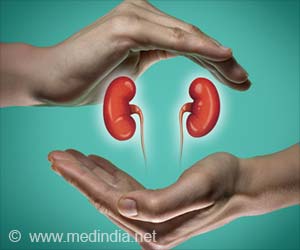Recovery from Anti-NMDAR encephalitis can take up to three years, with lingering memory and emotional difficulties for many patients.

- Recovery from Anti-NMDAR encephalitis can last up to three years
- Cognitive, social, and emotional difficulties often persist after treatment
- Long-term support is essential for young adults recovering from this rare brain disorder
How Long Does It Take to Recover from "Brain on Fire" Disorder?
Go to source).
Findings on Encephalitis Recovery Timeline
Specific survey conducted in the Netherlands of 92 patients at the age 29 indicates that recovery period lasts up to 3 years longer than was believed.65% of patients still struggle with cognitive problems even after 3 years of treatment? #medindia #brainhealth’
Key findings include:
Initial Recovery: It has been also established that the greater majority of changes are likely to happen within the first six months of training programs.
Continued Progress: Memory and language slightly improve and it does it constantly in the next 3 years.
Lingering Effects Anti-NMDAR Encephalitis Despite Treatment
Still, many patients experience residual effects even after immunotherapy treatment:Cognitive Impairments: 65% performed low average memory and language scores at three years.
Emotional and Social Challenges: Participants reported suffering from reduced emotional well-being, energy levels, and quality of life.
Although the majority of people are able to return to pre-injury levels during the first one to two years, covert cognitive, social, and emotional impairments persist in many. To mitigate these challenges, and enhance broad community success with a focus on young adults transitioning through various development milestones the study underlines the need for sustainable support. The study also excluded pediatric patients under the age of 16 or patients who died from the disease and, thereby, might be underestimating severity in some cases.
- How Long Does It Take to Recover from "Brain on Fire" Disorder? - (https://www.aan.com/PressRoom/Home/PressRelease/5214)
Source-Medindia










